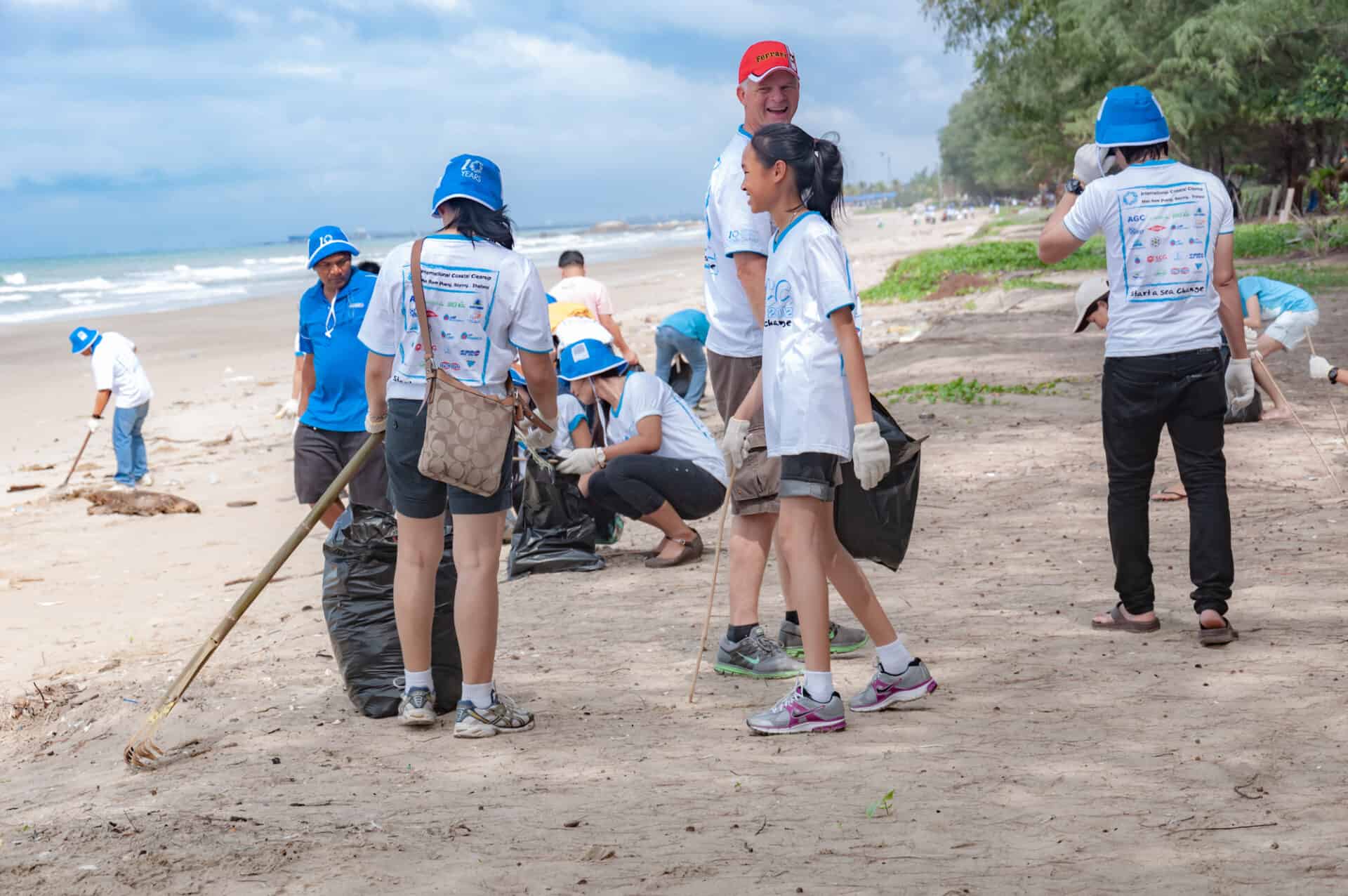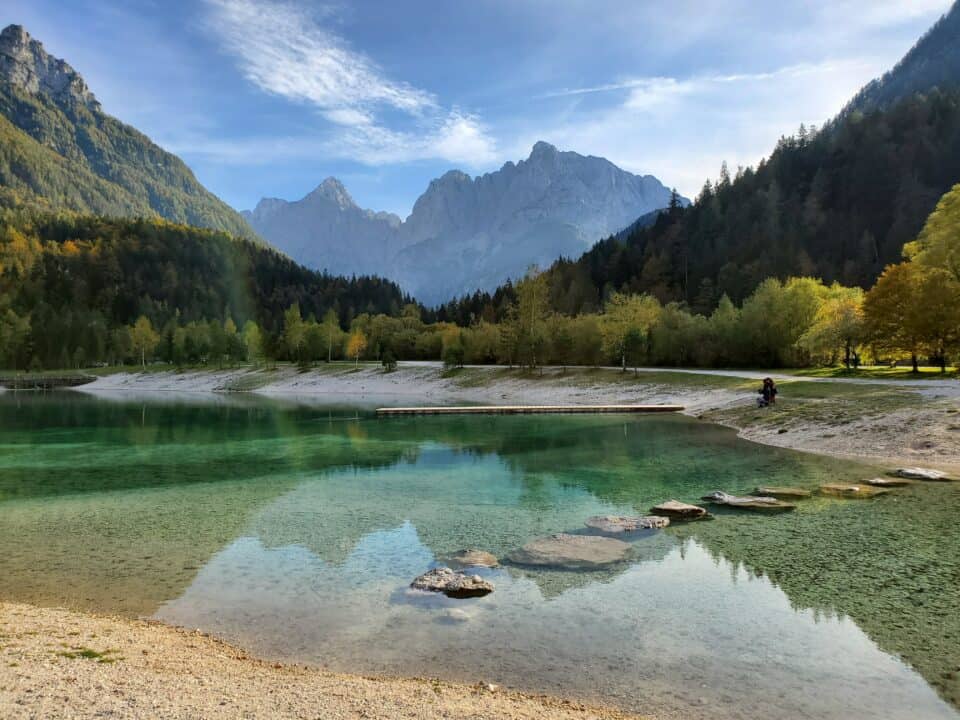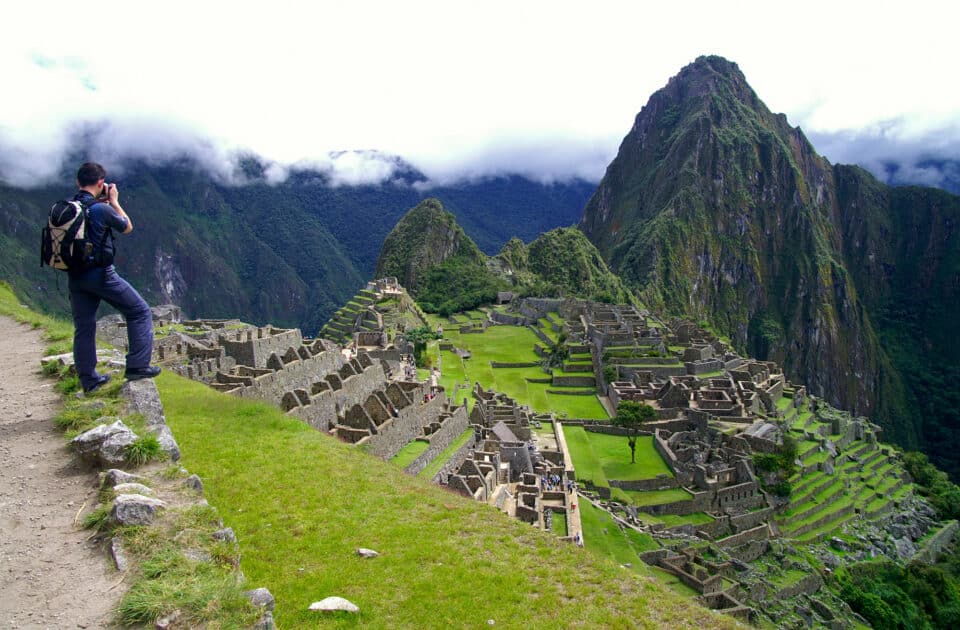Volunteer vacations, also known as volunteer travel or voluntourism, are a type of travel that combines leisure with meaningful volunteer work. It involves individuals or groups travelling to a destination, often abroad, to participate in activities that address social, environmental, or community needs.
Volunteer work offers the opportunity for travellers to engage in hands-on experiences while making a positive impact on the communities they visit, a unique way to travel with a purpose, combining adventure, cultural immersion, and meaningful service. Volunteering during vacations can be a transformative experience for the participants.
Volunteer vacations can involve many projects, including community development, education, healthcare, environmental conservation, wildlife protection, construction, and more. The duration of volunteer vacations can vary widely. Some programs may last just a few days, while others can extend to several weeks or months. Volunteer vacations typically involve some costs to cover accommodations, meals, local transportation, and administrative fees charged by the organising agency. The fees can vary depending on the destination and the length of the program.
One of the key benefits is the opportunity to immerse oneself in the local culture and community. Participants often live with host families or in shared accommodations, allowing them to gain a deeper understanding of the local way of life. Some volunteer vacations require specific skills or expertise. For example, medical professionals may volunteer in clinics, teachers may assist in local schools, or engineers may help with construction projects. However, there are also opportunities for individuals without specialised skills to make a meaningful contribution.
While volunteer vacations can be a force for good, it’s essential to approach them with sensitivity and ethical awareness. It’s crucial to choose reputable organisations that prioritise the well-being of the local community over profit. Additionally, projects should be driven by the community’s needs and not by the desire to cater solely to tourists. Numerous organisations and travel agencies specialise in arranging volunteer vacations. These organisations help match volunteers with suitable projects, provide logistical support, and ensure the projects are well-managed and aligned with the local community’s needs.
Volunteer vacations via International Volunteer HQ
“At International Volunteer HQ, we’ve been enabling people from all walks of life to give back abroad through volunteering vacations. Our volunteer programs are the most affordable and regenerative way to immerse yourself in new cultures, connect with like-minded international volunteers and make a difference through conscious travel.”
Kindred Spirit Elephant Sanctuary
Do you LOVE elephants and want to help bring them home to the forest, improve their welfare and contribute to their conservation? Do you like being immersed in new cultures and providing better opportunities for minority groups? Visit Kindred Spirit Elephant Sanctuary in Thailand. They also offer longer stays or internship options.
Responsible Travel
“The scope of volunteer vacations is widening, encompassing everything from favela football coaching to diving threatened reefs, via elephant sanctuaries and rural clinics. The message is – anyone can make a difference, whether you’re 16 or 60, and whether you have five days or five months to spare, just ensure you do your research and find out who you’re really helping and why.”
Cleanup activities
Volunteering for environmental cleanup efforts, such as cleaning up the woods or beaches, is a noble and impactful way to contribute to the well-being of our planet. Environmental pollution, particularly the issue of plastic waste is a significant problem that affects ecosystems, wildlife, and human health.
Single-use plastics like bags, bottles, and packaging contribute significantly to the problem. Plastic waste often ends up in the oceans, accumulating in massive garbage patches, harming marine life and disrupting the ecosystem. Marine animals, birds, and other wildlife often mistake plastic debris for food, leading to ingestion and subsequent health issues or death. Additionally, plastic entanglement can cause severe injuries or even suffocation.
By volunteering in cleanup activities, individuals can directly contribute to reducing plastic pollution and its harmful environmental effects. Cleanup initiatives also raise awareness about responsible waste disposal and recycling. Here are some key points about volunteering:
- Volunteering for environmental cleanup activities involves individuals or groups coming together to remove litter and debris from natural areas like forests, parks, beaches, rivers, and lakes. These events are usually organized by environmental organisations, local communities, schools, or governmental agencies.
- Forests and wooded areas are often affected by littering and illegal dumping, which can harm wildlife and degrade the natural habitat. Volunteers in woods cleanup activities focus on removing trash, plastic bottles, cans, and other waste, ensuring the preservation of these ecosystems.
- Beaches are particularly vulnerable to plastic pollution due to their proximity to water bodies. Plastic waste poses a severe threat to marine life, as animals may ingest or get entangled in plastic debris. Beach cleanup events aim to remove plastic bottles, bags, straws, fishing gear, and other litter from the shorelines.
Volunteering for environmental cleanup not only directly benefits the ecosystems and wildlife but also fosters a sense of responsibility and community involvement. It is a powerful way for individuals to take action and be part of the solution to the global plastic pollution crisis.

This article is part of the series by Conscious Travel Guide, your resource for mindful globetrotting.


